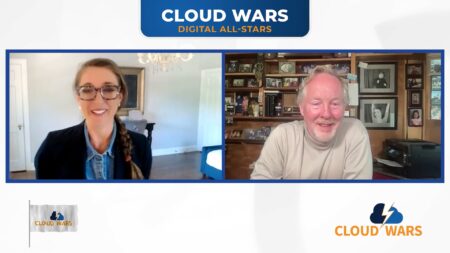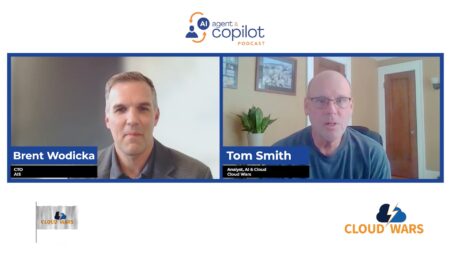
In a highly anticipated LinkedIn Live event, Microsoft Chairman and CEO Satya Nadella alongside Microsoft’s Corporate Vice President, AI at Work, Jarad Spataro, and other team members revealed the latest additions to Copilot.
Described as “Wave 2”, the innovations fall into three categories: Copilot Pages, extended capabilities in Microsoft 365 apps, and new Copilot agents.
Spataro explained that more than 700 product updates were based on feedback from over 1,000 Microsoft users. Here’s what you need to know.
Copilot Pages
This new collaborative feature is a powerful leap forward in the race to develop human-AI-human workflows. Pages enable users to find information using Copilot and embed it into a separate window. The user can then invite other collaborators to join the workflow and add their contributions. Additionally, users can go back to Copilot to expand on ideas and propose queries at any time.
Copilot will pull information from business data, files, and the web and help teams develop workflows in a creative “canvas” that Microsoft describes as “multiplayer.”
Copilots Span Productivity, Enterprise Apps
The company has extended the reach of Copilot in Microsoft 365 and embedded the technology into a series of applications including Excel, PowerPoint, Word, Outlook, OneDrive, and added functionality for Teams. The range of capabilities across the 365 application suite is extensive; here’s a quick summary of some of the most useful functionality Copilots can add to each application:
- Excel: data formatting, visualization, and search
- PowerPoint: branding, animation, and presentation design
- Word: summarization, data gathering, and draft generation
- Outlook: summarization, prioritization of messages, text generation
- OneDrive: search, prioritization, and data summaries
- Teams: recap, search, and summarization
Customizable agents
“Broadly speaking, agents automate and execute business processes, working with or for humans,” said Spataro. In practice, with Copilot agents, Microsoft is embedding one of the core principles of GenAI into business processes: that of a copilot.
These new customizable agents, announced in May but now generally available through Microsoft 365 Copilot Business Chat (BizChat), can be tailored to fit specific use cases and range in complexity.

Some follow the now well-known playbook of prompt and respond, while the most sophisticated are fully automated and can manage other agents. Customization is achieved through a new agent builder which makes it easy for non-technical users to create their own Copilot agents.
Microsoft also revealed Copilot agents for SharePoint, Microsoft’s long-established content collaboration and management tool. With a single click, users will be able to create agents for any SharePoint site that utilizes the data it contains and the context of the workflows within it. Copilot agents for SharePoint are currently in public preview.
Closing Thoughts
The new Copilot products and features aren’t just about boosting productivity; they are about connectivity and providing Microsoft users with the opportunity to connect the dots in the vast ecosystem of applications and their data estates.
Importantly, the focus is on business processes. While Copilots across the tech sector were initially seen as mostly consumer-facing — think Superbowl ads and a dedicated laptop button — Copilot is stepping up to support critical business use cases.
Ask Cloud Wars AI Agent about this analysis










